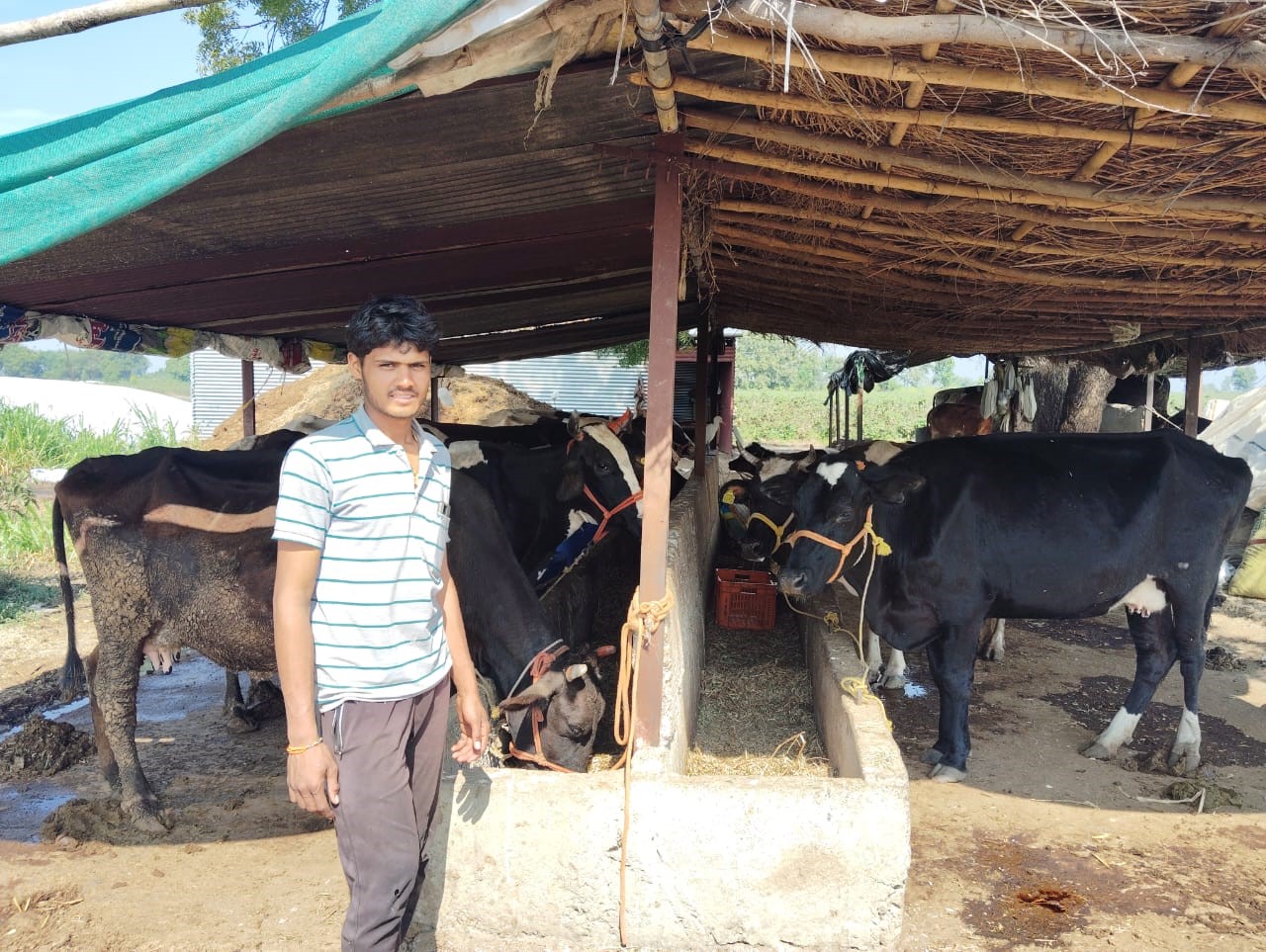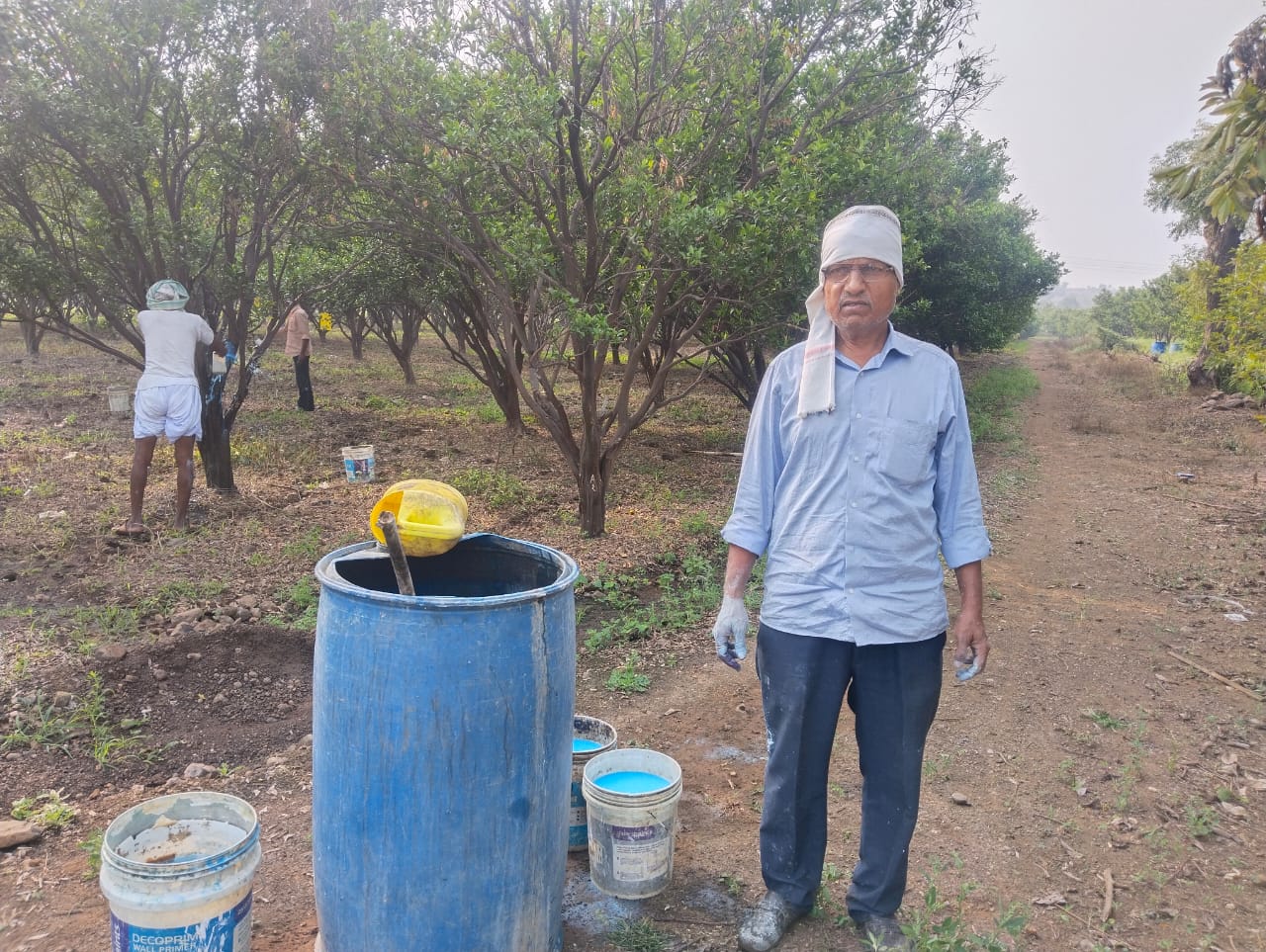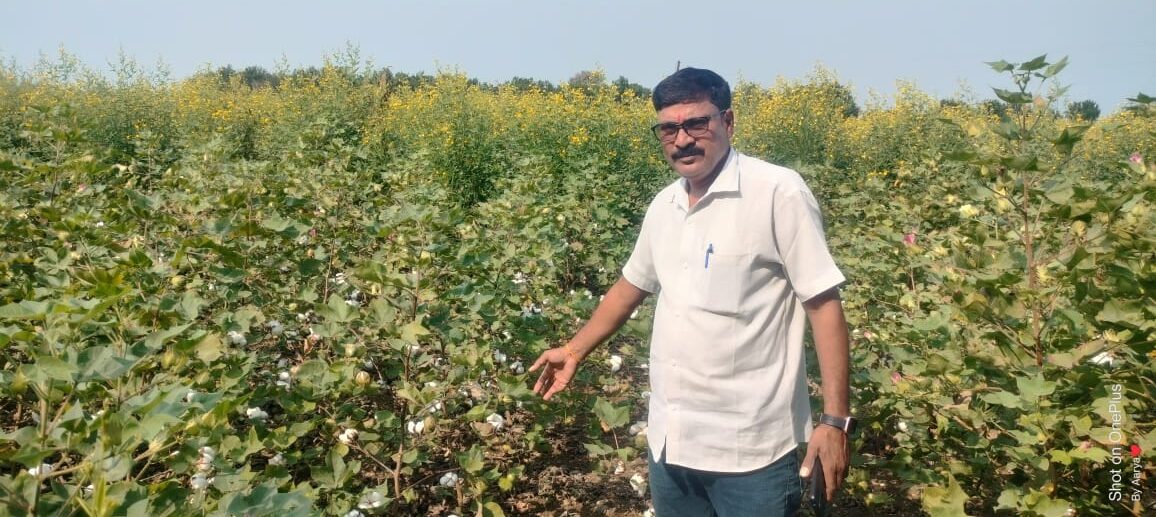In a bid to bridge the knowledge gap and arrest the impact of climate change on sugarcane, Solidaridad introduced the climate-smart agriculture (CSA) programme in 2018
Global climate change is a reality. And it is well established that climate change and agriculture are intrinsically connected. The impact of each on the other is both extensive and complex. Climate change affects agriculture in several ways, with variations in average temperature resulting in extreme weather events such as heatwaves and excessive rainfall. Besides the excess or lack of water availability that puts agriculture in the tropical regions under tremendous stress, climate change is also responsible for newer types of pests and diseases to invade the crops. The problem works in reverse too as agriculture contributes significantly to the climate problem, generating 19-29 per cent of the total greenhouse gas emissions[i].
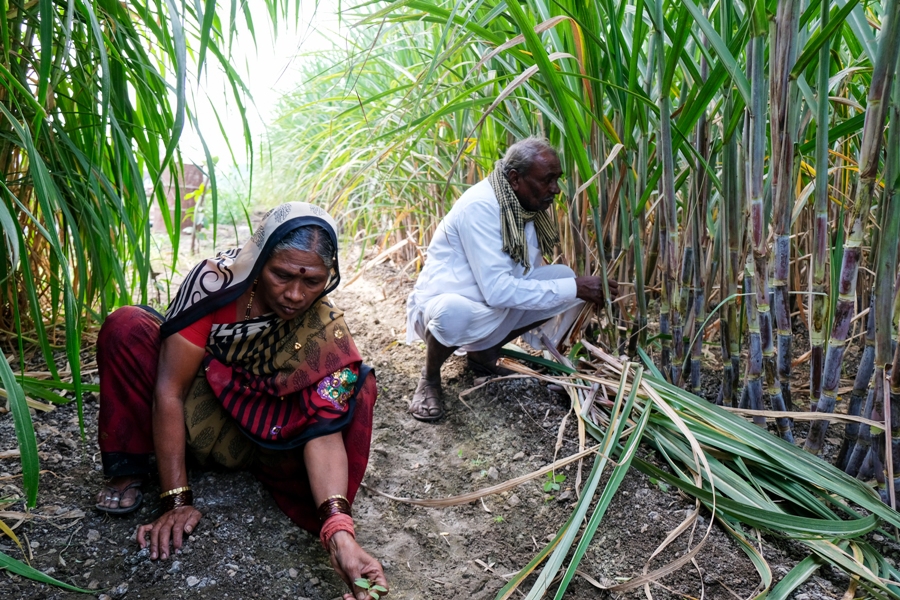
Climate change affects everyone, but it affects the poor, especially rural poor, the most. It is the farmers, particularly smallholders, and workers who are the biggest victims of the vagaries of weather. In India, the sugarcane farmers constitute among the most vulnerable to climate-change-induced poor yield and productivity. Extreme temperatures accompanied by humidity and erratic rainfall have affected the sugarcane crop and yields in states like Tamil Nadu, Telangana, Haryana and parts of Maharashtra and Karnataka. Climate change has also triggered new pests and diseases in states like Uttar Pradesh and Madhya Pradesh.
Conventional and inappropriate farming practices, such as excessive use of fertilisers and pesticides or inordinate water use, further escalate the impact, affecting the yield, the land and ultimately the livelihoods of the smallholders. The sheer lack of knowledge on scientific and sustainable means of farming is leading to the catastrophic impact.
In a bid to bridge this knowledge gap and arrest the impact of climate change on sugarcane, Solidaridad introduced the climate-smart agriculture (CSA) programme in 2018. Moving away from unscientific practices, Solidaridad embarked on a journey to educate and enlighten the sugarcane farmers of Maharashtra and Madhya Pradesh on climate-resilient and sustainable agricultural practices. The programme aimed at encouraging the farmers to embrace scientific and adaptive farming techniques to protect their farmlands and sustain yields.
The programme and its reach
The three-year-long programme was supported by PepsiCo, and Solidaridad implemented it in partnership with OLAM Agro India Limited and International Finance Corporation. As a climate-smart initiative, the programme covered three key aspects of sustainable development – economic, social and environmental – based on specific agro-ecological zone requirements of the regions: Kolhapur and Barwani districts of Maharashtra and Madhya Pradesh respectively. The primary focus laid on increasing agricultural productivity and income; building resilience to climate change and minimising greenhouse gas emissions.
Practices like furrow irrigation for water-use efficiency and ratoon management for saving on cultivation costs were some of the key areas of intervention. As many as 24,053 farmers received extensive trainings and expert guidance on climate-smart and good agricultural practices during the programme. An additional 23,769 farmers, including women and elderlies, who could not attend the field trainings, were reached out via mobile van theatres (MVTs). The intent was out and clear: minimising risks for sugarcane farmers and businesses and securing their position in the supply chain in a most sustainable fashion.
Billions of litres of water saved!
During the three-year project period, the enrolled farmers managed to avoid the use of nearly 100.6 billion litres of water in sugarcane farming. Given that sugarcane is known to be a ‘water-guzzler’, the results reflected efficient water-use by the farmers, leading towards yield- and cost-efficiency and a growing adaptability to water scarcity in the face of climate change. Following sustainable agriculture, the growers also witnessed an increase in sugarcane yield per hectare in the command areas of both the mills. In Barwani and Rajgoli, the average yield increased from 80 tonnes/ha and 99.3 tonnes/ha to 87 tonnes/ha and 107.2tonnes/ha respectively. The increased yield has a direct impact on income—the sugarcane farmers stand to benefit considerably with every tonne increase in yield per acre per year.
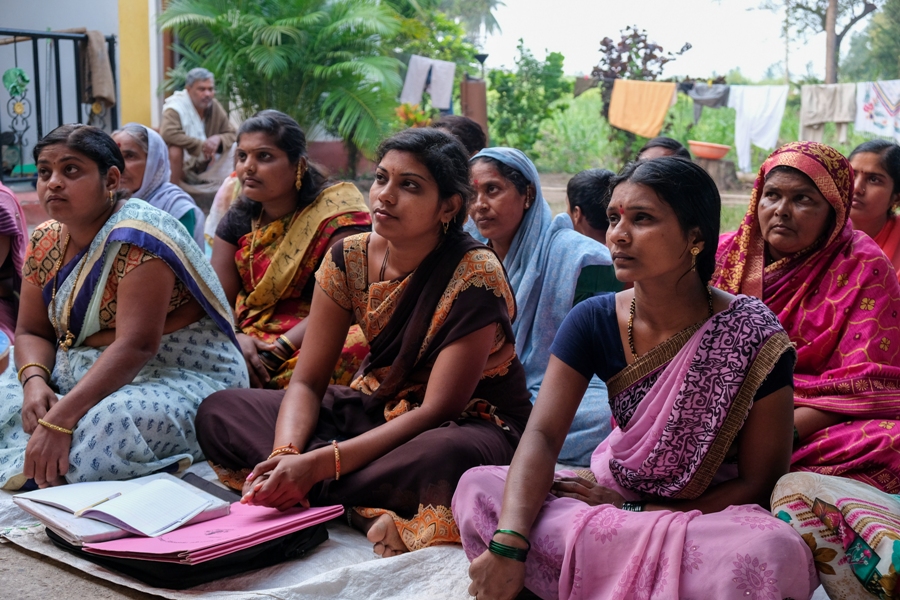
Financial empowerment
Besides the climate-resilient measures and yield improvements in sugarcane, the CSA programme also engaged 8,583 farmers (5,503 in Rajgoli and 3,080 in Barwani) in financial literacy trainings. Information on how to access formal credits and make informed decision making were among the many topics discussed in these sessions. ‘Agriculture Technical Service Providers’ or ATSPs were also supported through the project to establish a custom hiring model and bring efficient agricultural services, such as land levellers and ploughing machines for use at the farmers’ doorsteps. The average revenue generated by each ATSP was around INR 600,000 (USD 7,960) per year, with one ATSP serving 37 farmers on average.
“Besides the regular trainings on scientific agricultural practices, the programme also introduced us to financial literacy, equipping us with the knowledge on managing earnings, savings and investments. For example, it allowed us to take informed decisions on investments in agricultural implements and also generate additional income from the same by renting them to other farmers in the vicinity,” says Surekha Patil, one of the ATSPs promoted under the programme.
Paving the road to Regenerative Agriculture
The priorities of the CSA programme also reflected concerns around soil health improvement, use of bio-fertilisers and balanced use of organic manure and other soil treatment interventions—as the harbinger of a transition towards regenerative agriculture.
“We have to promote regenerative agriculture in a holistic manner where community-based local knowledge gels adequately with modern tech-based artificial intelligence. This has been clearly realised under the CSA programme,” says Dr. Alok Pandey, Senior Programme Manager, Sustainable Sugarcane, Solidaridad.
For more than five decades, sustainability has been the keyword for Solidaridad—building partnerships with farmers across the world, helping them adopt good agricultural practices. Optimisation, not productivity, for land, biodiversity and energy is the one-point agenda at Solidaridad. A crucial step towards that is supporting the small-scale farmers to produce in balance with nature through systems like regenerative farming that go beyond sustainable farming to rebuild soil health—a key solution to combating climate change. Both as an adaptation strategy to climate change and variability, Solidaridad is encouraging farmers to invest their time and resources into restoring the land, air and water. In other words, to invest in regenerative farming.
[i]https://www.worldbank.org/en/topic/climate-smart-agriculture




